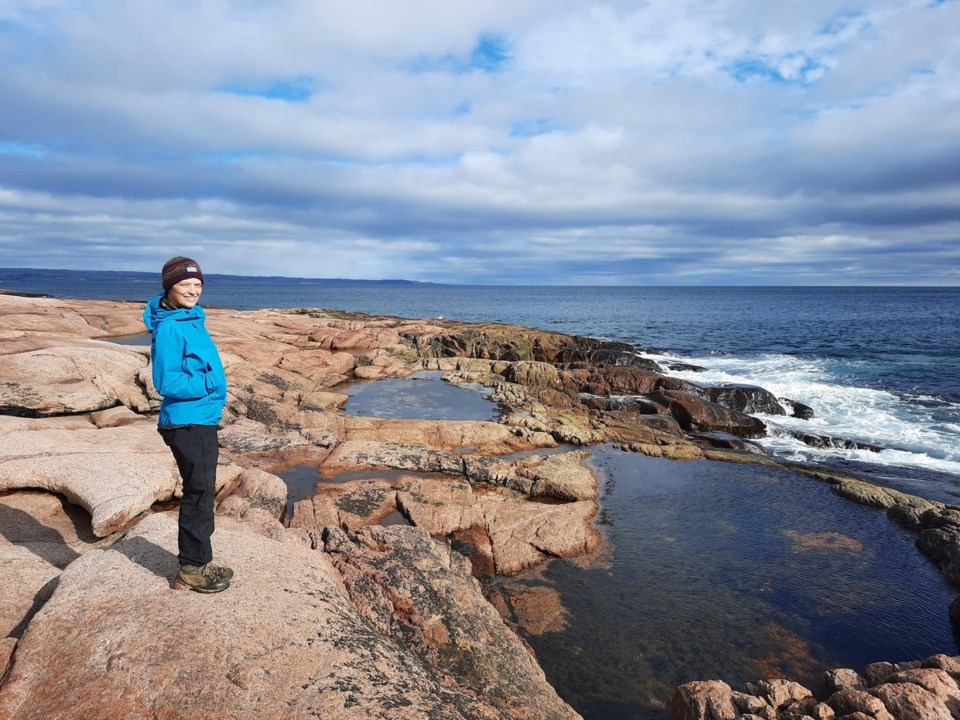Rural Albertans will be hit with the impacts of climate change in a disproportionate way, and it is critical to tackle the issues, said one researcher from a climate study released this month.
Kelly Vodden, professor at the Environmental Policy Institute at Memorial University in St. John's, Newfoundland and Labrador, and co-lead author for a National Issues Report focusing on the impact of climate change, said because of the nature of rural economies and ecosystems, rural communities will be impacted more than others when it comes to the changing environment.
“Rural and remote communities are so intertwined and dependent upon the ecosystems that they live with that they’re disproportionately impacted by climate change,” Vodden said.
“It's true across rural communities in the country, but particularly, or maybe in a more extreme way, in the more northern areas where climate changes even more rapidly.”
Rural and Indigenous communities have seen first-hand how the climate has changed over the years, and have a lot of knowledge and understanding to offer to the rest of the country, Vodden said.
The smaller a community is, the report said, the more likely it will be dependent on the natural-resource sector, with the community intertwined with industries such as oil, gas, agri-food, fishing, or logging.
“The smaller the communities get, the more likely we are to be highly resource dependent. And those natural-resource industries are dramatically affected by climate change,” Vodden said.
Small communities will have more trouble maintaining their traditions and jobs, and the mental health of residents will be impacted by these changes, the report said.
But Vodden said there are ways to mitigate the largely negative impacts of climate change. They can be managed with effective adaptation. If we start mitigating and adapting now, Vodden said, the costs of climate change are going to be less.
Paul McLauchlin, president of Rural Municipalities of Alberta, said Albertans have already experienced the impacts of the changing climate. In the last decade, Alberta has faced wildfires, hail storms, floods, and droughts – a sign climate change has already arrived in the province, McLauchlin said.
“The whole climate-change discussion around municipalities is really talking about disaster resiliency. I think the horse is out of the barn and I think we're already seeing that,” McLauchlin said.
“I think we're going to have to go to more adaptation and mitigation as it stands right now,” McLauchlin said.
The agriculture sector is looking at planting different types of crops that will be more resilient to extreme heat conditions.
McLauchlin said conversations around changing crops are happening, especially after the dry conditions this summer, over whether farmers in southern Alberta can continue to plant canola or if they need to find different variations of the crop that are more drought resilient. There are combines now that can work in the snow because of the late planting and early snowfall that have become common.
Rural communities are leaders in these adaptations, Vodden said, but more can be done in a widespread and integrated way.
Farming and resource sectors will be deeply impacted by a changing climate, but local infrastructure is also at risk, with more extreme weather conditions damaging community infrastructure. Bridge washouts, sidewalks buckling, potholes from the freeze-thaw cycle will become more common, Vodden said, along with road washouts which can leave rural and remote residents without services.
“Many of our rural remote communities have very few access routes. If a road is washed out, people are stuck,” Vodden said.
With services already in decline, and the centralization of available services, rural residents can be left without access to resources they need as extreme weather conditions increase.
While smaller and more remote communities are going to be hit hard by climate change, they will have fewer resources to deal with the impacts.
Municipalities won’t have the tax base and staff to do tasks such as flood-risk mapping. They won't have highly technical tools to know how to adapt to more extreme weather events or do mitigation planning, Vodden said.
Climate change is unfolding across Canada, but the country isn't where it needs to be to battle it, said Vodden, adding a good plan would be for the country to set up climate information hubs, where residents, governments, and community leaders can get information to help solve the problems they are facing, rather than having every small community search for its own solutions.
"Those kinds of things are key because there is a lot of different sources of information. It is confusing for people, and they often have very limited staff resources to [figure] this out on their own," Vodden said.
While those small local communities will be impacted deeply by climate change, the effects will trickle out to the rest of the province and country, as the natural resources of rural communities support the province and country financially.
"The first people to feel that are going to be rural Albertans, and the second people to feel that are going to be urban Albertans, and we both need to work together, to be quite honest, to deal with this to create a resilient future for all of us," McLauchlin said.




